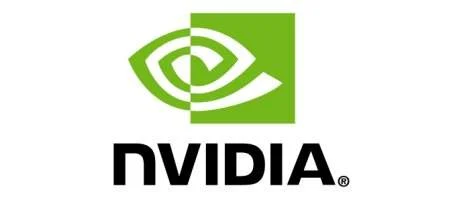Nvidia’s decision to develop an indigenous ARM-based microprocessor brand has won major props from a number of analysts, including Matthew Wilkins of IHS iSuppli.
“Nvidia’s entry into the microprocessor segment makes sense, despite the current market dominance of Intel and AMD,” explained Wilkins.
“In notebook PCs alone, [we] forecast the penetration rate for graphics-enabled MPUs will increase to 82.9 percent by 2014, up from 39 percent in 2010. This presents an opening for Nvidia to make inroads into the MPU market.”

According to Wilkins, a new supplier entering the MPU space will act as a “catalyst for innovation,” thereby directly benefiting end users.
Nevertheless, the analyst emphasized that Nvidia will face a definite challenge of actualization in the software realm.
“The PC market is [currently ruled] by x86 microprocessor architecture, and software used on these computers is written for x86 hardware.
“[As such], Nvidia’s challenge [will be] to create products that interest independent software vendors (ISVs) to the extent that they port their existing PC applications or write new programs for ARM-based microprocessors.”
As TG Daily previously reported, one major ISV – Microsoft – has already joined the RISC-based club by announcing that future versions of its flagship Windows OS (and Office suite) will be ARM-friendly.
So, what are Nvidia’s chances of taking on AMD and Intel with Project Denver?
Well, IHS believes that during the short term, the company is like to “attain success” in tablets and low-end notebooks, where price and an intuitive interface are key factors in attracting the attention of consumers.
Of course, the server market is likely to present additional challenges for Nvidia, simply because the corporate world is understandably conservative about selecting new hardware suppliers for mission-critical applications.
“The server market’s transition from reduced instruction ser computing (RISC) MPUs to x86-based chips took many years. [Yet], as data centers grow in size because of increasing demand for cloud computing, power consumption is becoming an increasing concern,” said Wilkins.
“ARM MPUs, on the other hand, are renowned for being stingy on power. Because of this, IHS expects Nvidia to focus extensively on the server segment with its Project Denver products.”






